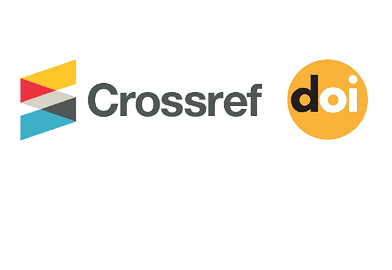Analyzing the Relationship between Multidimensional Perfectionism and Educational Procrastination in University Students
DOI:
https://doi.org/10.52461/pjap.v3i1.1711Keywords:
educational procrastination, multidimensional perfectionism, university studentsAbstract
To create perfectionism in academic work, intentionally postponing the completion of the academic task for making it highly approvable and perfect for one’s self and others i.e., peers, teachers, supervisors, and readers, students frequently practice this phenomenon in academia. Therefore, the research aimed to explore the linkage between multidimensional perfectionism and educational procrastination among university students of Bahauddin Zakariya University, Multan, Pakistan. Three hundred and thirty-five students (N=335), including (n=165) males and (n=170) females, were approached from Bahauddin Zakariya University, Multan through purposive sampling. The age range of participants was between 18-25 years. All the students were asked to fill out the demographic variables sheet along with the questionnaires, i.e., Almost Perfect Scale-Revised and Procrastination Assessment Scale-Students (PASS). Results revealed that students with higher scores on the perfectionism scale revealed more academic procrastination. Therefore, the results provide support for the role of perfectionism in the maintenance of educational procrastination. Gender-based differences were also observed and it was found that female university students tend to procrastinate more than male university students. However, no significant effects of demographics such as family systems and residence (urban or rural living) of the participants were noticed to be associated with multidimensional perfectionism and educational procrastination.
Downloads
Published
How to Cite
Issue
Section
License
Copyright (c) 2023 Sarah Mahmood, Tuba Jannat, Rizwana Amin

This work is licensed under a Creative Commons Attribution-NonCommercial 4.0 International License.
All the articles editorially accepted for publication by the Pakistan Journal of Applied Psychology (PJAP) are licensed under the Creative Commons Attribution-NonCommercial 4.0 International (CC BY-NC 4.0) Submitting a manuscript to PJAP, the author has to certify that he/ she is authorized by other contributors (s) and co-author (s) to enter the publication process.




